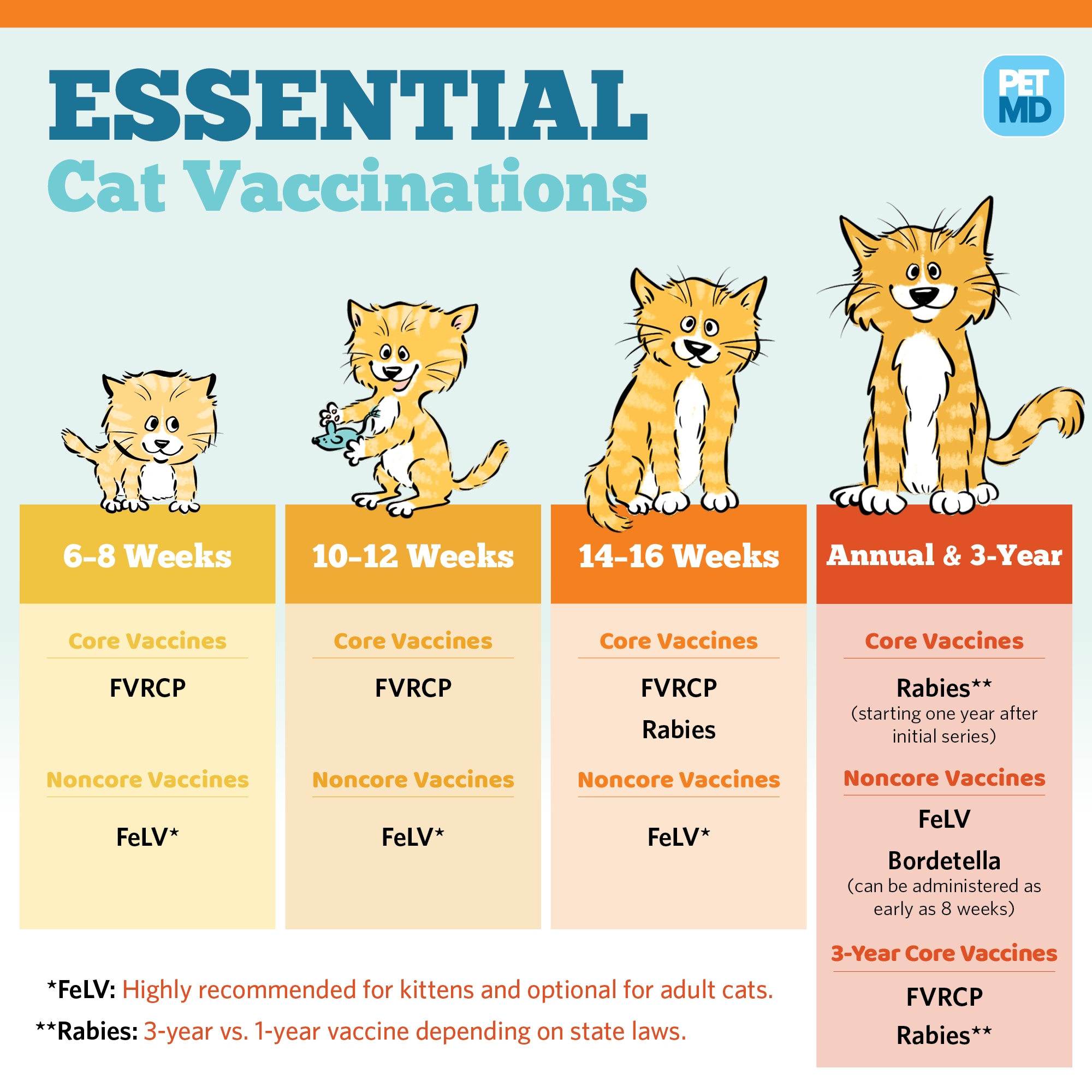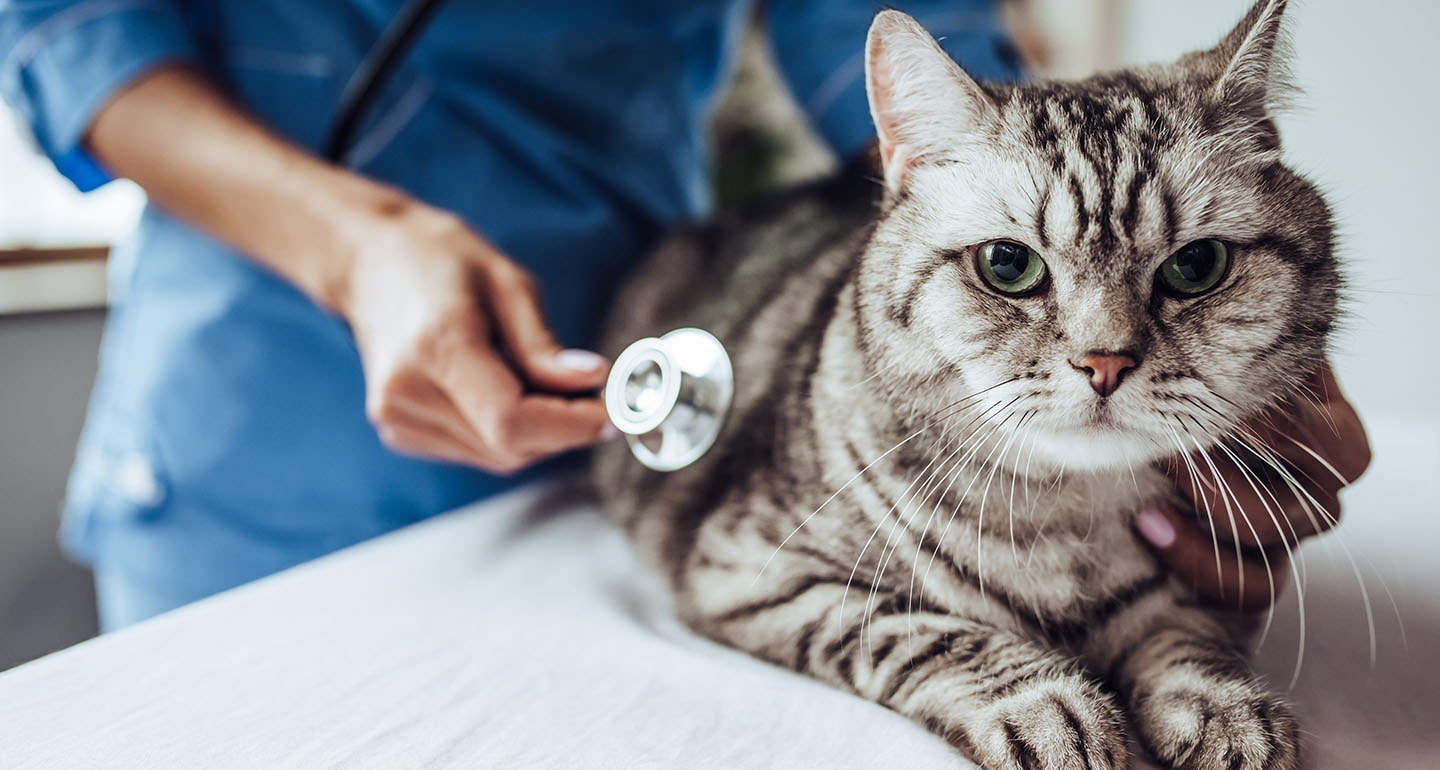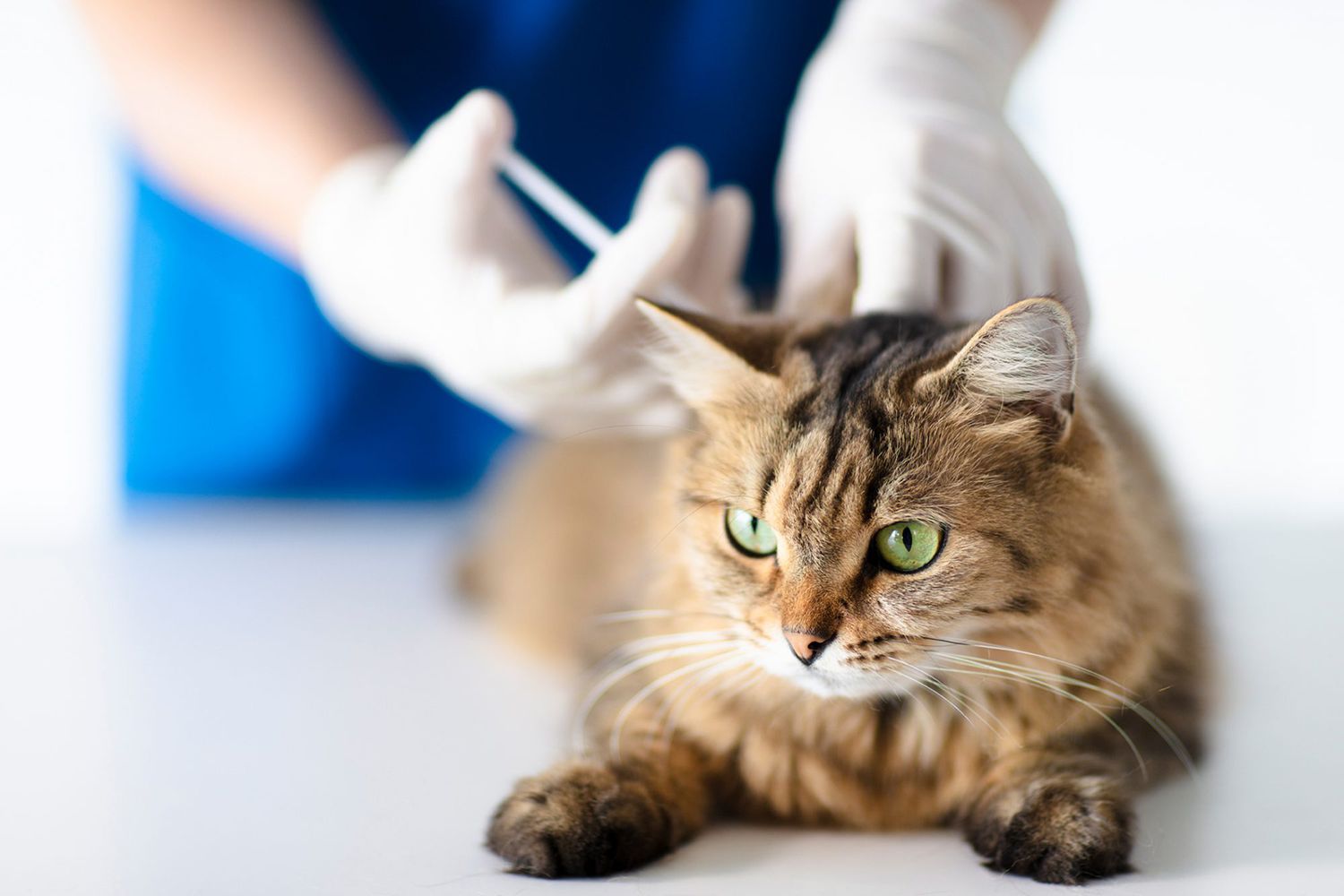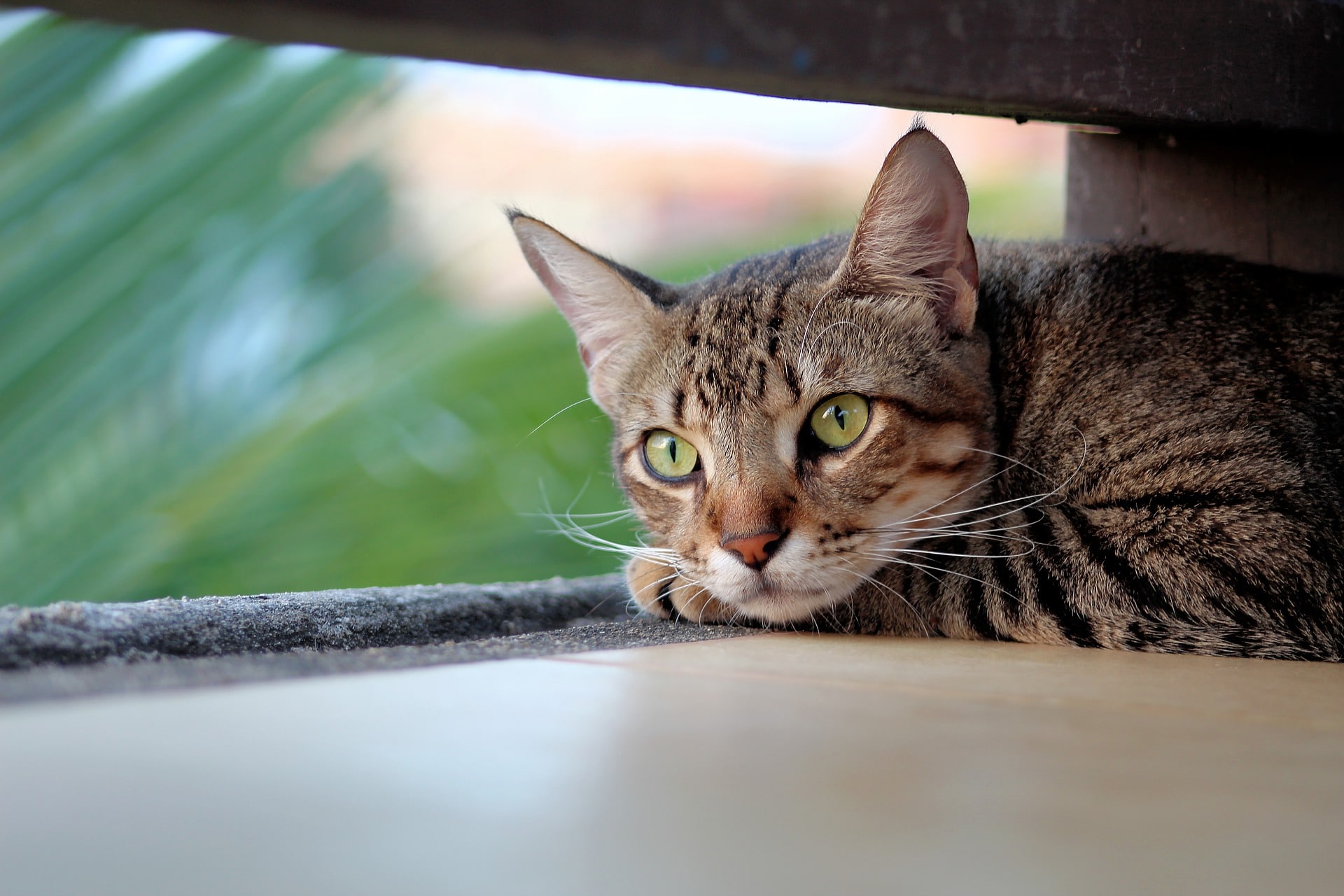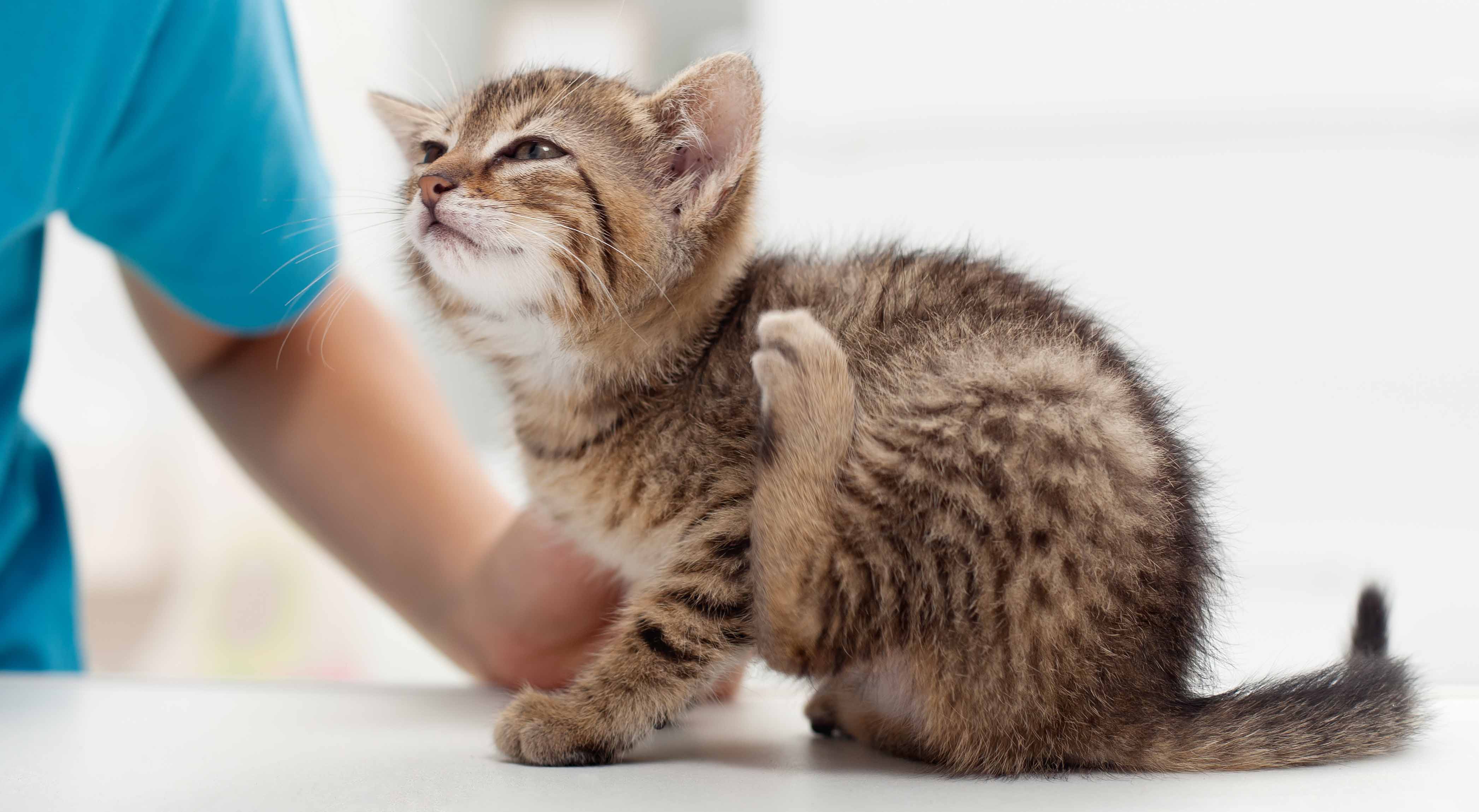Fvrcp Vaccine For Indoor Cats

Rhinotracheitis is triggered by the common feline herpes virus.
Fvrcp vaccine for indoor cats. Administered to kittens at 6-to-8 weeks old and once per year or every two to three years for adults it gives you peace. Adult cats whose vaccination history is unknown should receive a single FVRCP followed by a booster one year later before starting the three-year revaccination schedule According to Dr. It prevents three potentially deadly airborne viruses.
NOBIVAC FELINE 3-HCP PROVIDES PROTECTION FOR MULTIPLE VIRUSES. These diseases are airborne so every cat needs to be vaccinated against them. Herein is Fvrcp vaccine necessary for indoor cats.
Feline caliciviral disease caused by various strains of feline caliciviruses FCV. Do indoor cats need Fvrcp vaccine. All cats even indoor felines who never go outdoors or interact with other cats should still receive FVRCP shots.
The FVRCP vaccine for cats protects your cat from three nasty viruses. The American Association of Feline Practitioners also recommends rabies vaccination for cats based on the local regulation and a tri-annual FVRCP vaccination to keep your cat in tip top shape. The World Small Animal Veterinary Association says Core vaccines protect animals from severe life-threatening diseases that have global.
Core vaccines for cats are those that are strongly recommended to be administered to ALL catseven for cats that dont go outside. For indoor-only cats the recommendation is to administer the vaccine every three years. If there is any risk of exposure a cat should receive a leukemia vaccine for examplebecause if theyre exposed to it its too late Core.
All can be deadly for cats and especially kittens. Rhinotracheitis calicivirus and panleukopenia. Rhinotracheitis is a herpes virus and causes fever sneezing a runny nose and eyes.
